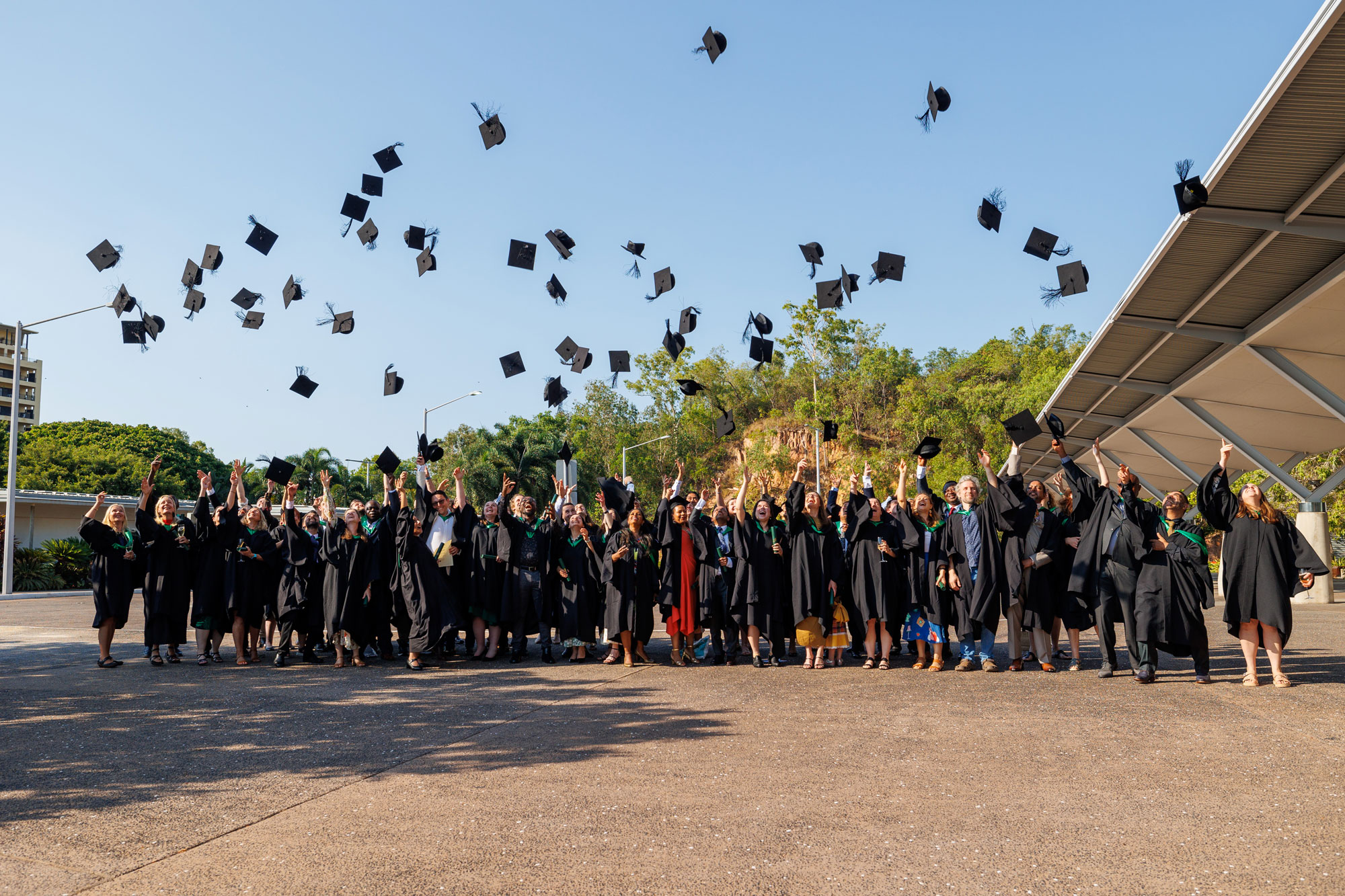
The Australian College of Rural and Remote Medicine (ACRRM) has hit an exciting milestone, with more than 180 Rural Generalists (RGs) achieving Fellowship in the past 12 months—setting a new record.
Many of these new Fellows travelled to Darwin (Garramilla) to be formally recognised at the graduation ceremony which closed out this year’s Rural Medicine Australia (RMA24) conference, co-hosted by ACRRM and the Rural Doctors Association of Australia.
ACRRM President Dr Rod Martin, praised the exceptional skills and dedication of the new Fellows, who work and live across Australia.
“We are incredibly proud to welcome these doctors as Fellows of ACRRM who represent the next generation of RGs,” Dr Martin says.
“Their training equips them with a broad range of skills essential for delivering comprehensive healthcare in rural, remote and First Nations communities, including the most underserved regions of the country.”
Dr Martin adds that this milestone reflects the growing recognition of RG Medicine as a vital component of Australia's healthcare system.
New Fellow Dr Marian Dover, who travelled from Kununurra for the ceremony, expressed her pride in completing her ACRRM training.
“Celebrating my Fellowship among this amazing ACRRM community makes me deeply grateful for my training journey,” Dr Dover says.
“I value that ACRRM is the only medical college dedicated to rural and remote training, where rural isn’t an ‘after-thought’ but central to everything,” Dr Dover adds.
“My training has given me the confidence to move nearly 4,000km with my family to the East Kimberley.
“I’m excited to deliver the healthcare this remote region deserves, and ACRRM provides me with a community that I cherish.”
Dr Rod Martin adds that the future of ACRRM and the healthcare of rural, remote and First Nations communities looks strong.
“We are proud that a growing number of doctors are choosing to train with the College, and we welcome applications fromthose who are driven by clinical excellence, educational rigor, social accountability, and community connectedness.
“By increasing the number of Rural Generalists, we ensure that rural, remote, and First Nations communities have access to high-quality, continuous, and comprehensive medical care, closer to home.”

